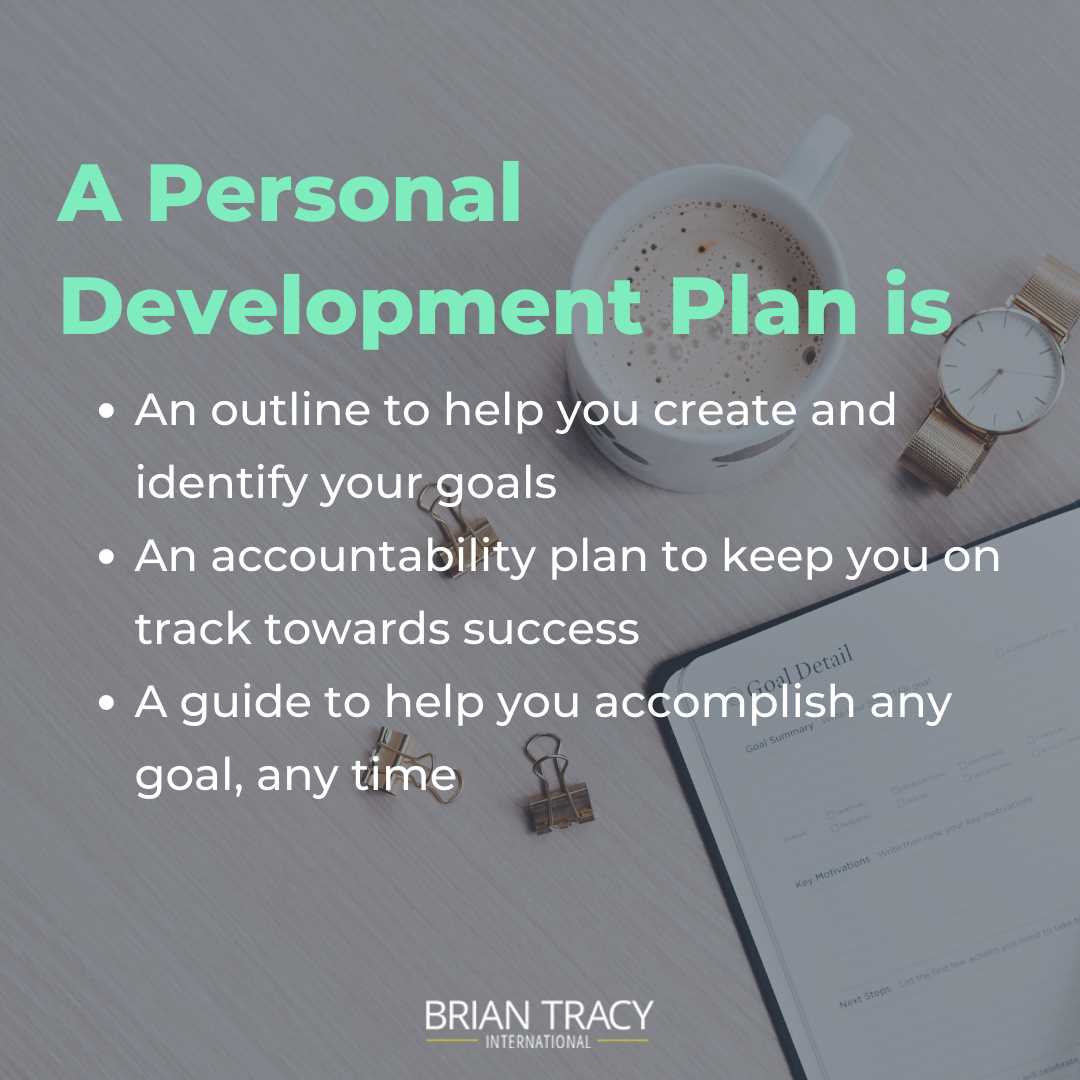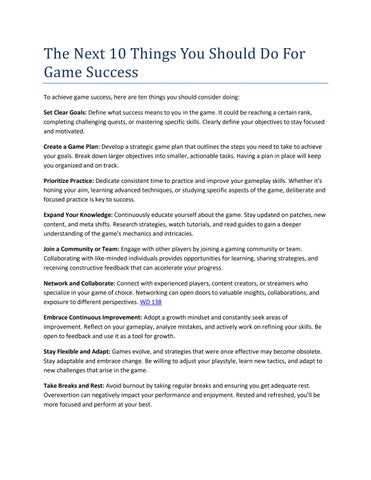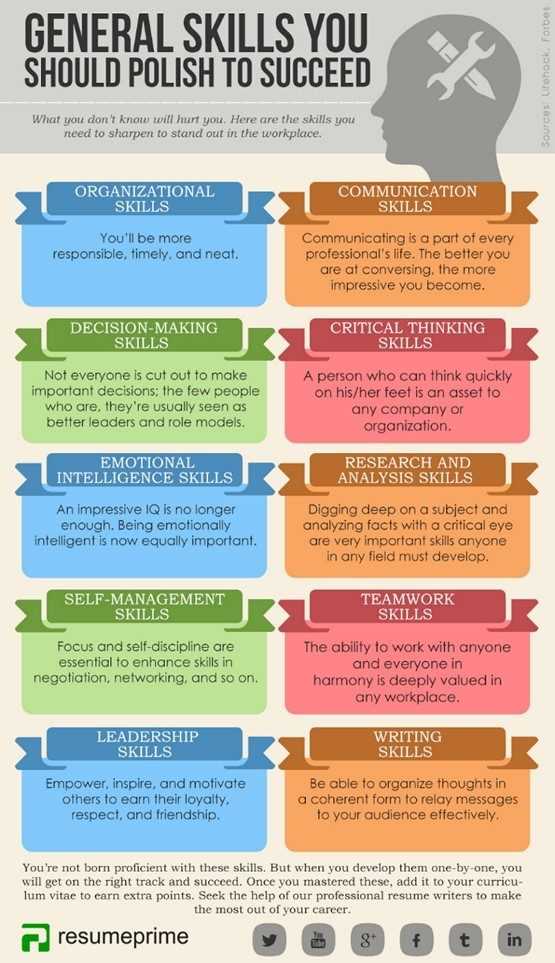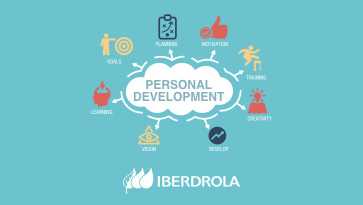
Success is not just about luck or natural talent, it is also about continuously developing your competencies and proficiencies. Whether you are a student, a professional, or an entrepreneur, there are always areas where you can improve and grow. By investing time and effort into developing your skills, you can enhance your talent and abilities, broaden your knowledge, and gain valuable experience and expertise.
1. Communication Skills: Effective communication is essential in all aspects of life. By improving your communication skills, you can express your ideas clearly, build strong relationships, and influence others. Practice active listening, develop your public speaking abilities, and learn how to effectively communicate through various mediums.
2. Time Management: Time is a valuable resource, and learning how to manage it effectively can greatly improve your productivity and success. Develop strategies for prioritizing tasks, setting goals, and avoiding procrastination. By mastering time management, you can accomplish more in less time and reduce stress.
3. Leadership: Whether you are leading a team or leading yourself, developing leadership skills is crucial for success. Learn how to inspire and motivate others, make sound decisions, and effectively solve problems. By becoming a strong leader, you can create a positive impact and achieve your goals.
4. Adaptability: In today’s fast-paced world, being adaptable is essential. Develop the ability to embrace change, learn new technologies and skills, and navigate through uncertain situations. By being adaptable, you can stay ahead of the curve and thrive in any environment.
5. Critical Thinking: Enhancing your critical thinking skills can help you make better decisions, solve complex problems, and analyze situations from different perspectives. Practice evaluating information, asking thought-provoking questions, and challenging assumptions. By becoming a critical thinker, you can make more informed choices and achieve better results.
6. Networking: Building a strong network can open doors to new opportunities and provide valuable support and guidance. Develop your networking skills by attending industry events, joining professional organizations, and connecting with like-minded individuals. By expanding your network, you can gain access to knowledge, resources, and potential collaborations.
7. Creativity: Developing your creativity can help you think outside the box, generate innovative ideas, and find unique solutions to problems. Practice creative thinking exercises, explore new hobbies, and embrace different perspectives. By nurturing your creativity, you can unlock new possibilities and stand out from the crowd.
8. Emotional Intelligence: Emotional intelligence is the ability to understand and manage your own emotions and the emotions of others. Develop self-awareness, empathy, and effective communication skills. By improving your emotional intelligence, you can build stronger relationships, resolve conflicts, and navigate through challenging situations.
9. Continuous Learning: The world is constantly evolving, and the ability to learn and adapt is crucial for success. Develop a thirst for knowledge and commit to lifelong learning. Seek out new learning opportunities, read books, take online courses, and stay up-to-date with industry trends. By continuously learning, you can stay relevant and continuously improve your expertise.
10. Resilience: Developing resilience is essential for overcoming challenges, bouncing back from failures, and staying motivated. Cultivate a positive mindset, practice self-care, and develop strategies for managing stress. By building resilience, you can persevere through obstacles and achieve long-term success.
In conclusion, developing these ten areas can greatly improve your skills and help you achieve success. By investing time and effort into enhancing your competencies, proficiencies, and abilities, you can unlock your full potential and create a brighter future.
Time Management Skills
Time management skills are essential proficiencies that can greatly contribute to your success in both personal and professional life. Effective time management allows you to make the most of your time, accomplish tasks efficiently, and achieve your goals.
Developing time management skills requires a combination of various skills, talents, competencies, abilities, experiences, capabilities, and knowledge. Here are some key areas to focus on:
| 1. Prioritization | Being able to identify and prioritize tasks based on their importance and urgency is crucial for effective time management. |
| 2. Planning | Creating a well-structured plan that outlines your goals, tasks, and deadlines can help you stay organized and on track. |
| 3. Goal Setting | Setting clear and achievable goals allows you to stay focused and motivated, ensuring that your time is spent on tasks that contribute to your overall objectives. |
| 4. Delegation | Knowing when and how to delegate tasks to others can help you save time and ensure that each task is completed efficiently. |
| 5. Time Tracking | Keeping track of how you spend your time can help you identify areas of improvement and make necessary adjustments to optimize your productivity. |
| 6. Eliminating Time Wasters | Identifying and eliminating activities that consume time without adding value is essential for effective time management. |
| 7. Setting Boundaries | Establishing boundaries and learning to say no when necessary can help you protect your time and focus on your priorities. |
| 8. Multitasking | Developing the ability to multitask can help you handle multiple tasks simultaneously, improving your efficiency and productivity. |
| 9. Stress Management | Learning effective stress management techniques can help you stay calm and focused, enabling you to make better use of your time. |
| 10. Continuous Learning | Continuously improving your time management skills through learning and adapting to new strategies and tools can help you stay ahead and achieve long-term success. |
By developing these time management skills, you can enhance your productivity, reduce stress, and have a better work-life balance, ultimately leading to greater success in all areas of your life.
Effective Planning Techniques
Effective planning is crucial for achieving success in any field. By implementing the right planning techniques, individuals can maximize their talent, competencies, proficiencies, expertise, experience, skills, knowledge, and capabilities. Here are some effective planning techniques to consider:
| 1. Goal Setting | Set clear and specific goals that align with your long-term vision. |
| 2. Prioritization | Identify the most important tasks and prioritize them accordingly. |
| 3. Time Management | Allocate time for each task and avoid procrastination. |
| 4. Resource Allocation | Allocate resources such as money, manpower, and equipment effectively. |
| 5. Risk Assessment | Identify potential risks and develop contingency plans to mitigate them. |
| 6. Communication | Ensure effective communication with team members and stakeholders. |
| 7. Flexibility | Be adaptable and open to changes in the plan as needed. |
| 8. Review and Evaluation | Regularly review and evaluate the progress of the plan to make necessary adjustments. |
| 9. Collaboration | Collaborate with others to gain different perspectives and enhance the plan. |
| 10. Continuous Learning | Continuously learn and update your knowledge and skills to improve the planning process. |
By incorporating these effective planning techniques into your workflow, you can enhance your overall productivity and achieve success in your chosen endeavors.
Prioritization and Task Organization

Effective prioritization and task organization are essential capabilities for achieving success in any field. By developing expertise in these areas, you can enhance your proficiencies, knowledge, talent, competencies, skills, and experience.
Prioritization involves the ability to determine the importance and urgency of tasks or goals. This skill allows you to allocate your time and resources efficiently and effectively. By prioritizing tasks, you can focus on what matters most and avoid wasting time on less important activities.
Task organization, on the other hand, involves structuring and managing your workload in a systematic manner. This includes creating to-do lists, setting deadlines, and breaking down complex tasks into smaller, manageable steps. By organizing your tasks, you can ensure that nothing falls through the cracks and that you stay on track to achieve your goals.
Developing these capabilities requires a combination of skills and strategies. Here are some tips to improve your prioritization and task organization:
| 1. Set clear goals: | Define what you want to achieve and break it down into specific, measurable objectives. |
| 2. Evaluate tasks: | Assess the importance and urgency of each task to determine its priority. |
| 3. Create a schedule: | Allocate specific time slots for different tasks, taking into account your energy levels and peak productivity times. |
| 4. Use productivity tools: | Utilize apps, software, or physical tools to help you stay organized and manage your tasks effectively. |
| 5. Delegate when possible: | If certain tasks can be done by others, consider delegating them to free up your time for more important responsibilities. |
| 6. Prioritize self-care: | Remember to prioritize your own well-being and make time for rest, relaxation, and activities that recharge you. |
| 7. Review and adjust: | Regularly review your tasks and priorities, and make adjustments as needed to stay on track. |
By developing strong prioritization and task organization skills, you can improve your efficiency, productivity, and overall success. These capabilities are applicable to any profession or personal pursuit, making them valuable assets to cultivate.
Proactive Approach to Time Management

Effective time management is a crucial skill that can greatly enhance your productivity and success in both personal and professional endeavors. By developing a proactive approach to time management, you can optimize your skills, capabilities, proficiencies, competencies, abilities, knowledge, talent, and expertise.
Here are some strategies to adopt a proactive approach to time management:
| 1. Set Clear Goals: | Define your objectives and prioritize tasks based on their importance and urgency. |
| 2. Plan Ahead: | Create a schedule or to-do list to organize your tasks and allocate time for each one. |
| 3. Avoid Procrastination: | Develop self-discipline and avoid delaying tasks by tackling them head-on. |
| 4. Delegate: | Identify tasks that can be outsourced or assigned to others to free up your time. |
| 5. Manage Distractions: | Avoid multitasking and minimize interruptions to maintain focus and productivity. |
| 6. Use Productivity Tools: | Utilize software, apps, or techniques like Pomodoro Technique to enhance efficiency. |
| 7. Prioritize Self-Care: | Take breaks, exercise, and maintain a healthy work-life balance to prevent burnout. |
| 8. Learn to Say No: | Recognize your limits and politely decline tasks that don’t align with your goals. |
| 9. Continuously Improve: | Regularly assess and refine your time management strategies to adapt to changing needs. |
| 10. Celebrate Achievements: | Recognize and reward yourself for completing tasks and meeting deadlines. |
By adopting a proactive approach to time management, you can maximize your productivity, achieve your goals, and unlock your full potential.
Communication and Interpersonal Skills
Effective communication and strong interpersonal skills are essential in today’s professional world. These abilities are not only crucial for building successful relationships, but they also play a significant role in achieving personal and professional success.
Communication skills involve the ability to express oneself clearly and effectively, both verbally and in writing. This includes being able to articulate thoughts and ideas, actively listen to others, and adapt communication style to different audiences. Strong communication skills allow individuals to convey their thoughts and intentions accurately, ensuring that messages are understood and interpreted correctly.
Interpersonal skills, on the other hand, refer to the capabilities needed to interact and engage with others effectively. These skills involve empathy, active listening, conflict resolution, and collaboration. Developing strong interpersonal skills enables individuals to build positive relationships, navigate challenging situations, and work effectively in teams.
Improving communication and interpersonal skills requires experience, knowledge, and expertise. It involves honing talents and competencies through practice and continuous learning. Individuals can enhance these skills by seeking feedback, attending workshops or seminars, and engaging in activities that promote effective communication and collaboration.
Proficiencies in communication and interpersonal skills are highly valued by employers as they contribute to a positive work environment, effective teamwork, and successful outcomes. These skills are beneficial not only in professional settings but also in personal relationships and interactions.
By investing time and effort into developing communication and interpersonal skills, individuals can unlock their full potential and achieve greater success in their personal and professional lives. These skills serve as a foundation for effective leadership, problem-solving, and building strong connections with others.
Active Listening and Empathy

Active listening and empathy are essential skills that can greatly enhance your talent and experience in any field. By developing these proficiencies, you can improve your competencies and capabilities to connect with others and understand their needs.
Active listening involves fully engaging with the speaker, paying attention to both verbal and non-verbal cues. It requires giving your undivided attention, maintaining eye contact, and avoiding distractions. Active listening allows you to gather valuable information, gain deeper insights, and build stronger relationships.
Empathy, on the other hand, is the ability to understand and share the feelings of others. It involves putting yourself in someone else’s shoes and truly comprehending their perspective. Empathy allows you to connect with people on a deeper level, build trust, and foster meaningful connections.
By developing active listening and empathy, you can enhance your knowledge and expertise in various areas. These abilities are particularly crucial in fields such as counseling, customer service, leadership, and teamwork.
Active listening and empathy can also contribute to personal and professional growth. They enable you to communicate effectively, resolve conflicts, and collaborate with others more efficiently. These skills are highly valued by employers and can set you apart from others in the job market.
To develop active listening and empathy, practice being fully present in conversations, asking open-ended questions, and showing genuine interest in others. Cultivate a non-judgmental attitude and strive to understand different perspectives. Additionally, seek feedback from others to identify areas for improvement and actively work on enhancing these skills.
In conclusion, active listening and empathy are vital skills that can significantly improve your abilities and success in any endeavor. By honing these proficiencies, you can become a better communicator, collaborator, and leader.
Effective Verbal and Written Communication

Effective verbal and written communication is crucial in every aspect of life, whether it be personal or professional. Developing strong communication skills can greatly enhance your proficiencies, experience, talent, abilities, knowledge, competencies, and overall success.
Verbal communication involves the use of spoken words to convey information, ideas, and emotions. It requires clear and concise expression, active listening, and the ability to adapt your message to different audiences. By practicing effective verbal communication, you can improve your interpersonal relationships, resolve conflicts, and influence others.
Written communication, on the other hand, involves the use of written words to convey information, ideas, and opinions. It includes emails, reports, memos, and other written documents. Developing strong written communication skills is essential for effective collaboration, professional presentations, and creating a positive impression on others.
To improve your verbal and written communication skills, consider the following:
- Practice active listening: Pay attention to what others are saying, ask clarifying questions, and provide feedback to ensure understanding.
- Expand your vocabulary: Read books, articles, and other materials to enhance your language skills and improve your ability to express yourself clearly.
- Use non-verbal cues: Pay attention to your body language, facial expressions, and tone of voice to convey your message effectively.
- Write concisely: Use clear and concise language to convey your ideas and avoid unnecessary jargon or complicated sentences.
- Proofread and edit: Take the time to review your written work for errors, clarity, and organization before sending or publishing it.
- Seek feedback: Ask for feedback from others to identify areas for improvement and make necessary adjustments.
- Practice public speaking: Join a public speaking group or take opportunities to speak in front of others to build confidence and improve your speaking skills.
- Be mindful of cultural differences: Consider cultural nuances and customs when communicating with individuals from different backgrounds to ensure effective communication.
- Use technology effectively: Familiarize yourself with communication tools and platforms to effectively communicate in various formats, such as emails, video conferences, and instant messaging.
- Continuously learn and adapt: Stay updated on current communication trends and techniques, and be willing to adapt your communication style to different situations and audiences.
By developing effective verbal and written communication skills, you can enhance your capabilities to express yourself clearly, build strong relationships, and achieve success in various aspects of your life.
Building and Maintaining Relationships

Developing strong relationships is a crucial skill that can greatly contribute to your success. Building and maintaining relationships require a combination of knowledge, expertise, talent, proficiencies, competencies, experience, capabilities, and abilities.
Here are some ways you can develop and improve your relationship-building skills:
- Effective Communication: Communication is key to building and maintaining relationships. Enhance your communication skills by actively listening, expressing yourself clearly, and being respectful.
- Empathy: Develop your ability to understand and share the feelings of others. This will help you build deeper connections and foster trust in your relationships.
- Networking: Take advantage of networking opportunities to meet new people and expand your professional circle. Attend events, join industry groups, and engage in online communities.
- Collaboration: Learn to work effectively with others by fostering a collaborative mindset. Be open to different perspectives, share credit, and actively contribute to team efforts.
- Conflict Resolution: Develop your skills in resolving conflicts and managing disagreements. This will help you maintain healthy relationships and prevent misunderstandings from escalating.
- Trustworthiness: Cultivate trust by being reliable, honest, and keeping your commitments. Trust is the foundation of strong relationships and can greatly impact your professional success.
- Positive Attitude: Maintain a positive attitude and approach relationships with optimism. Positivity can help you overcome challenges and build strong connections.
- Adaptability: Be flexible and adaptable in your interactions with others. This will allow you to navigate different personalities and situations, strengthening your relationships.
- Continuous Learning: Continuously seek to expand your knowledge and skills. Being knowledgeable and staying updated in your field will enhance your credibility and make you a valuable connection.
- Gratitude: Show appreciation for others and their contributions. Expressing gratitude can strengthen relationships and create a positive environment.
By focusing on these aspects and continuously improving your relationship-building skills, you can enhance your professional success and create meaningful connections that will benefit you throughout your career.

I am Patrina de Silva, a psychologist and mental health blogger in Sri Lanka. After obtaining psychology degrees from the University of Colombo and Monash University, I returned home to work as a counselor while also starting the popular blog “Pressy but Happy” to provide advice on psychological issues. Over the past decade, my empathetic articles have made my blog a leading mental health resource in the country. In addition to writing, I maintain a private therapy practice, frequently volunteer counseling time, and conduct seminars, driven by my passion for destigmatizing mental illness and educating the public on the mind-body connection. I strive to be an influential voice in my field through my compassionate approach.
